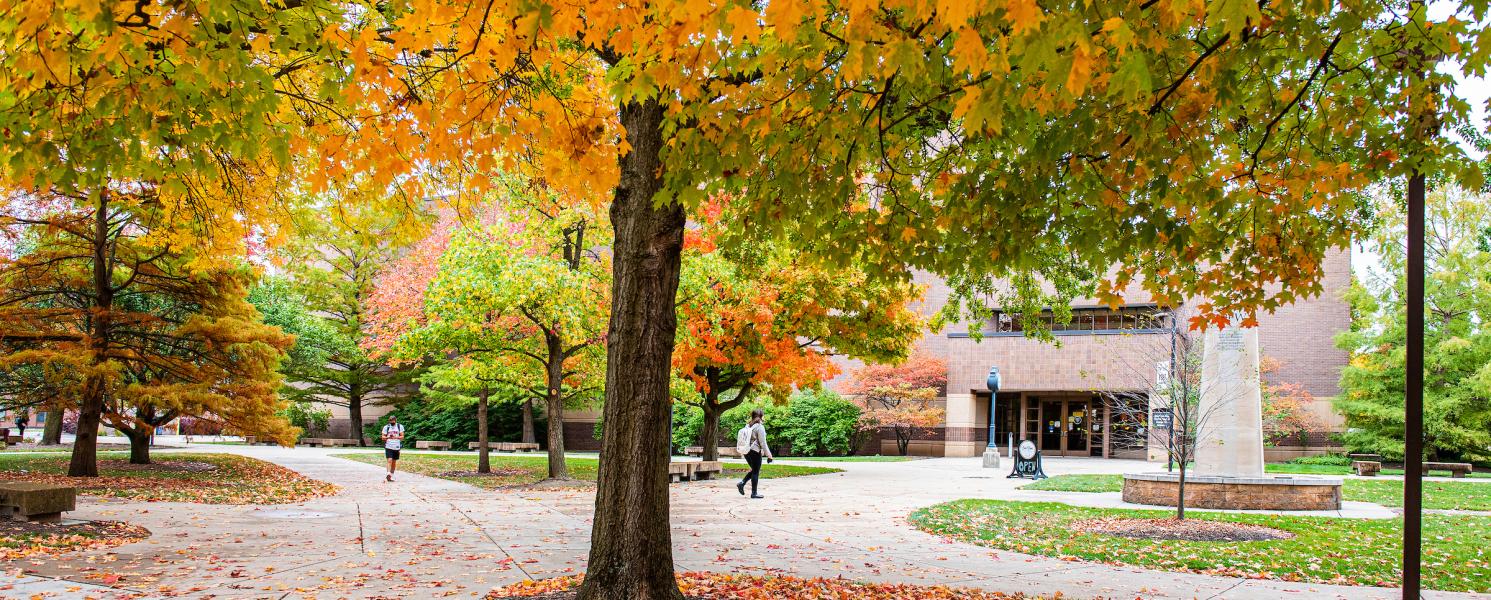
Physical Therapy
Preprofessional Studies
Make your move.
As a pre–physical therapy student, you know that an exciting field in healthcare awaits. Once you finish your education and testing, you’ll be able to work with patients to improve their mobility and decrease their pain. This can include working with athletes or people recovering from an accident and often involves helping individuals overcome both physical and emotional obstacles to ultimately improve the quality of their lives.

The details
What you need to know.
In order to become a physical therapist, you will need to do the following:
- Earn a doctor of physical therapy (DPT) degree, preferably from a program that is accredited by the Commission on Accreditation in Physical Therapy Education (CAPTE)
- Complete the appropriate state licensing requirements
- Pass the National Physical Therapy Examination (NPTE)
Workplace Environment
- Hospitals
- Clinics
- Rehabilitation centers
- Private practices
- Schools
- Sports arenas
- Private homes
As a pre–physical therapy student, regardless of your major, you are preparing now to be ready for a doctor of physical therapy program. While planning your preprofessional journey, it’s important to know the following:
- No specific major needed
- Health and physical science are common
- Prerequisite courses required
- Meet with your preprofessional advisor as early as possible
Note: Once you have finalized your major and academic plan, a discipline-specific faculty member may be also assigned as a pre–physical therapy mentor.
In order to become a physical therapist, you will need to do the following:
- Earn a doctor of physical therapy (DPT) degree, preferably from a program that is accredited by the Commission on Accreditation in Physical Therapy Education (CAPTE)
- Complete the appropriate state licensing requirements
- Pass the National Physical Therapy Examination (NPTE)
Workplace Environment
- Hospitals
- Clinics
- Rehabilitation centers
- Private practices
- Schools
- Sports arenas
- Private homes
As a pre–physical therapy student, regardless of your major, you are preparing now to be ready for a doctor of physical therapy program. While planning your preprofessional journey, it’s important to know the following:
- No specific major needed
- Health and physical science are common
- Prerequisite courses required
- Meet with your preprofessional advisor as early as possible
Note: Once you have finalized your major and academic plan, a discipline-specific faculty member may be also assigned as a pre–physical therapy mentor.


Requirements and Recommendations
What to expect from your preprofessional studies.
The following list includes some of the most common prerequisites for physical therapy programs in the United States:
- Biology with labs
- Anatomy and physiology with labs
- General chemistry with labs
- Physics with labs
- Medical terminology
- Statistics
- Psychology
- English composition
- Communication
It is important for pre–physical therapy students to gain experience in healthcare outside the classroom and to seek out these opportunities early. Many physical therapy programs have a set number of observation hours as a requirement for each applicant.
In addition, you are encouraged to find organizations and extracurriculars that can provide leadership experience and allow you to develop communication interpersonal skills—all essential to building strong client relationships in the future.
Contact Us
Have questions?
Contact Marcy Ball, preprofessional advisor for health programs, at [email protected] or 260-481-5735.
